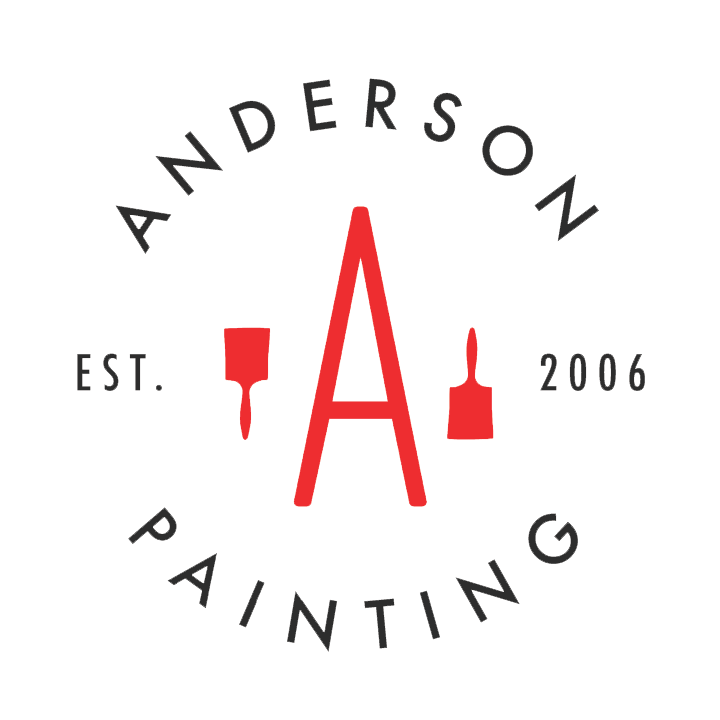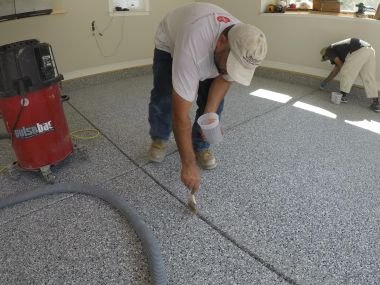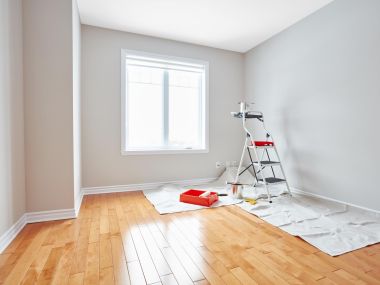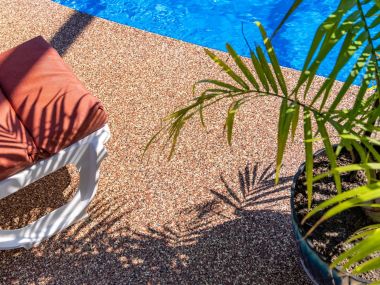Pressure Washing Vs. Soft Washing: What’s The Difference?
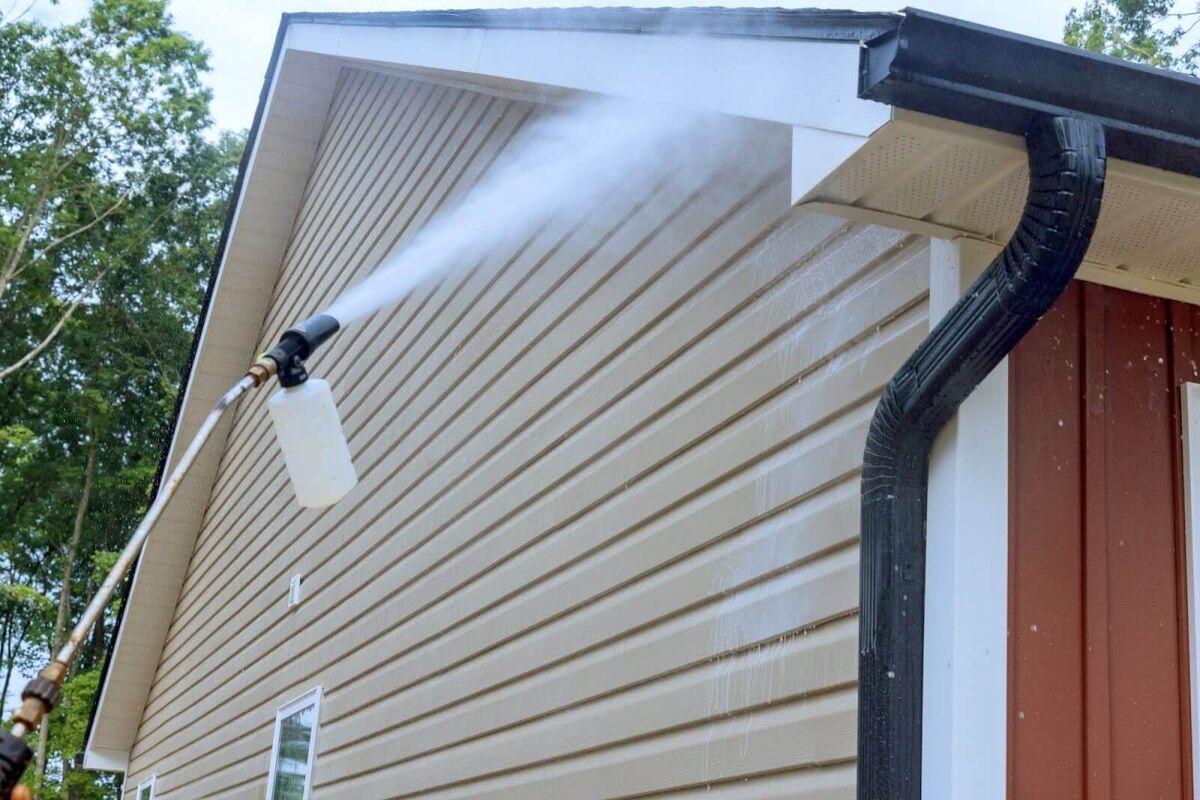
Pressure washing and soft washing are often used interchangeably, but they are two different cleaning methods. They have similarities, but the pump pressure, techniques, and chemicals vary considerably.
What Is Pressure Washing?
As the name implies, pressure washing is a method of cleaning surfaces using a pressure washer with very high pressure—at least 1,300 pounds per square inch (PSI). The high-pressure water stream quickly and effectively removes even the most stubborn grime and stains. However, it is powerful enough to damage delicate surfaces like roof shingles, windows, and brick walls. That’s why you should only use it on sturdy surfaces like composite siding, concrete driveways, and sidewalks.
Pressure washing can be difficult for beginners. You must consider many things, like the nozzle type, distance, angle, and pressure. You can damage the surface of your home with just one wrong move. There’s also the risk of getting injured. Injuries can range from minor bruises and cuts to full-on lacerations and infections. That’s why wearing personal protective equipment (PPE), such as goggles and ear protection, is crucial, no matter your experience level.
We recommend leaving the task to professionals, especially if you haven’t done it before. The do-it-yourself approach comes with a lot of risks. Professional pressure washing can cost a few hundred dollars, depending on the scale and complexity of the job. Hiring pros is more expensive than DIY upfront, but it will prevent expensive repairs down the road. It’s also safer and more convenient.
How Soft Washing Differs From Pressure Washing
The biggest difference between soft washing and pressure washing is the water pressure. Soft washing only uses 150 to 300 PSI. It is ideal for cleaning fragile surfaces, like wood siding, outdoor furniture, roofs, or materials with sealers or adhesives. The water pressure is generally not powerful enough to remove dirt and stains, so you need to add the right cleaning solution.
Because soft washing is unlikely to cause damage or bodily harm, anyone can handle this task. You don’t need experience or protection to safely use this cleaning technique. However, you must carefully choose your cleaning solutions and ensure they are compatible with the surface. Using the wrong products can damage a surface and the environment.
DIY soft washing is generally cheaper than pressure washing since you’ll only need to buy the detergents and rent equipment. If you hire a pro for this job, the cost will likely be the same as pressure washing since you’re paying for the labor (but also the convenience).
Are Pressure Washing and Power Washing the Same?
When researching more about pressure washing, you will most likely come across the term “power washing.” These two cleaning methods are nearly the same, except power washing uses hot water or steam. It is often the best choice for more extensive cleaning jobs involving stubborn dirt, grime, grease, and darkened surfaces. The blast of heated, high-pressure water breaks down organic matter in a flash.
Do You Need Professional Pressure Washing? Call Us!
Don’t have the equipment and experience to pressure wash your home? Want to avoid mistakes and guarantee quality results? Call Anderson Painting! Our team is skilled in pressure washing; we can make your home spotless within minutes or hours, depending on the size of the project. We guarantee quality pressure washing to ensure you reap all its benefits, including improved curb appeal, longer siding lifespan, and increased safety.
It’s best to pressure wash your home at least once a year (twice yearly is good in coastal climates like Wilmington, NC). You should also consider it when preparing your exterior for a new coat of paint, getting ready to sell your property, or dealing with the aftermath of storms. Whatever your reason for needing pressure washing in North Carolina, Anderson Painting has got you covered. Request a free estimate or contact us for more information.
